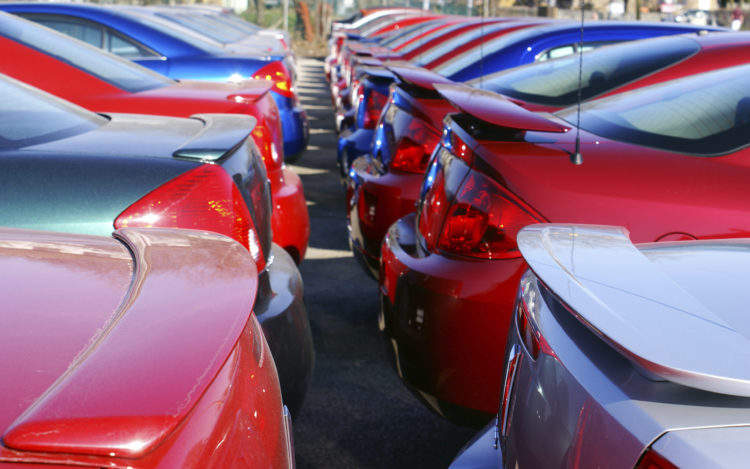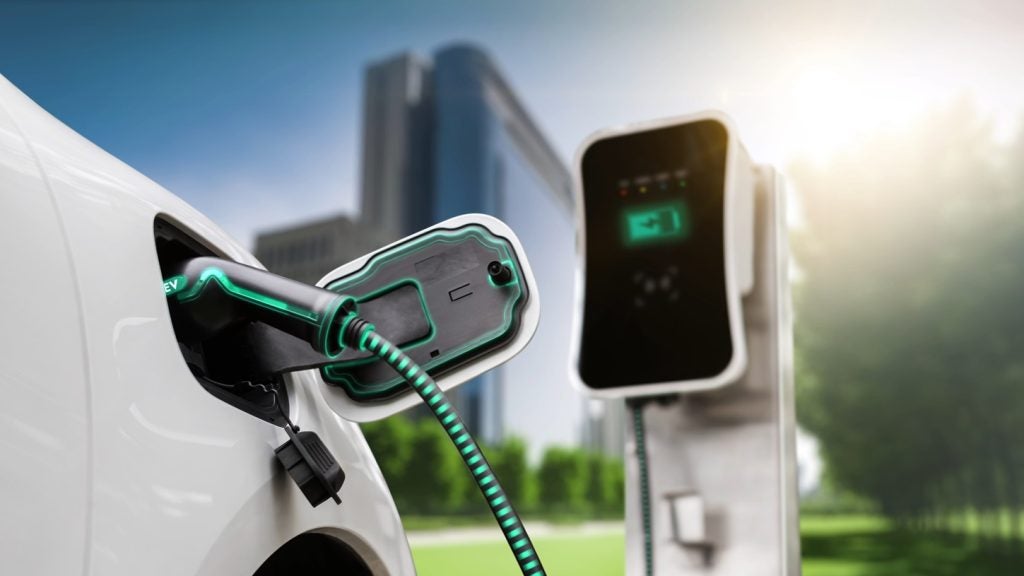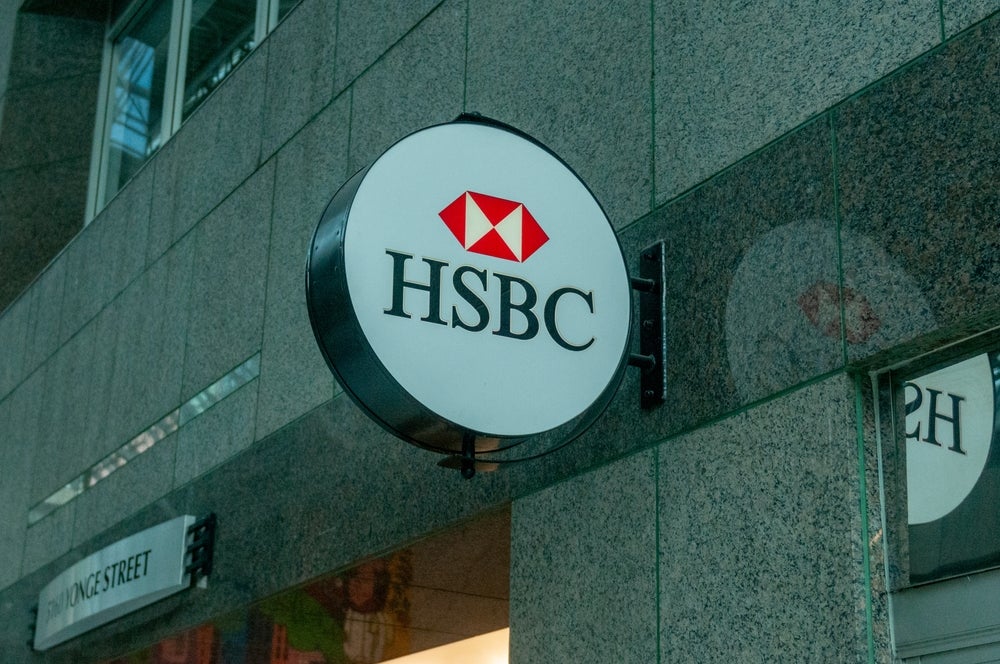
Just 76,433 new cars were sold in the UK in August, 6.7% less year-on-year (YoY) , according to the Society of Motor Manufacturers and Traders (SMMT).
This number was also down on the 79,060 new cars registered in August 2015. However the SMMT noted it was still above any other August since 2007.
As has become the norm of late, diesel sales saw a double digit fall. YoY diesel sales were down by over a fifth (-21.3%) to 30,305.
Whereas diesel sales made up 47.2% of the market in August 2016, this year they made up just 39.6% of the market.
In contrast petrol car sales actually grew slightly – 3.8% to 42,160. Alternative fuel vehicles (AFV) saw the largest increase in sales – just 58.3% to 3,968.
Breaking down the AFV market further, petrol hybrid and pure electric battery powered cars increased substantially, up 74.9% and 62.5%, while plug-in hybrid registrations rose 38.5%.
How well do you really know your competitors?
Access the most comprehensive Company Profiles on the market, powered by GlobalData. Save hours of research. Gain competitive edge.

Thank you!
Your download email will arrive shortly
Not ready to buy yet? Download a free sample
We are confident about the unique quality of our Company Profiles. However, we want you to make the most beneficial decision for your business, so we offer a free sample that you can download by submitting the below form
By GlobalDataBoth Ford, the largest manufacturer in the UK by volume, and Vauxhall, which was the second largest in 2016, saw sales decline more than 20% year-on-year.
In contrast, Volkswagen sales jumped 21% over the period, making it the second largest manufacturer in August. Year-to-date, Volkswagen sales were less than 2,000 below Vauxhall sales by the end of August – compared to over 30,000 at the same stage last year.
Industry reaction
Despite the continued decline in sales, industry commentators remained relatively calm, as they look to September as the real litmus test for the industry..
Mike Hawes, SMMT chief executive, said: “August is typically a quiet month for the new car market as consumers and businesses delay purchases until the arrival of the new number plate in September. With the new 67-plate now available and a range of new models in showrooms, we anticipate the continuation of what are historically high levels of demand.”
Richard Jones, managing director, Black Horse, was similarly calm: ““Despite some recent monthly figures showing significant changes, we’re starting to see the market level out overall and more closely reflect predictions for 2017 as a whole. Recent news regarding manufacturer scrappage schemes and long term plans to tackle air pollution might have had an influence on August’s numbers, particularly on the ongoing drop in diesel sales, but I do feel there is still an education piece required regarding newer cleaner diesel engines.”
Some, however, noted that recent events including Brexit and the negative press campaign against PCP could have be having an impact.
Chris Bostworth, director of strategy at Close Brothers Motor Finance, said: “With Brexit negotiations well underway and the government announcing radical changes to the sale of fossil fuelled cars, the motor industry is entering a wave of prolonged uncertainty. This will likely have an impact on consumer spending habits. The Bank of England has already announced that car finance deals have eased as a result.
“In fact, 5.5 million British motorists say Brexit has already had a direct impact on their car purchasing plans and has made them more likely to purchase a used car or to hold off their purchase altogether – all of which can have a knock-on effect on the industry and the wider economy. That said, now that the new car registration plates have been released, we expect consumers will splash out on new cars over the next month, keeping in line with the annual trend.”
Graham Hill, from the National Association of Commercial Finance Brokers, noted: “August is typically a slow time of the year for new car buying as buyers hang on for the 67 plates.
“The upturn in alternatively-fuelled vehicles will cheer the government and policymakers that the plans to ban the sale of petrol and diesel have given an early bump to hybrids and electrics.
“Of course, next month will be the real test of whether continuous downbeat talk around new car finance deals – specifically PCPs – are having a realtime drag on the market. June’s 8% drop in new car finance business volumes from the FLA could be the canary in the coal mine and a sign of worse to come.”







